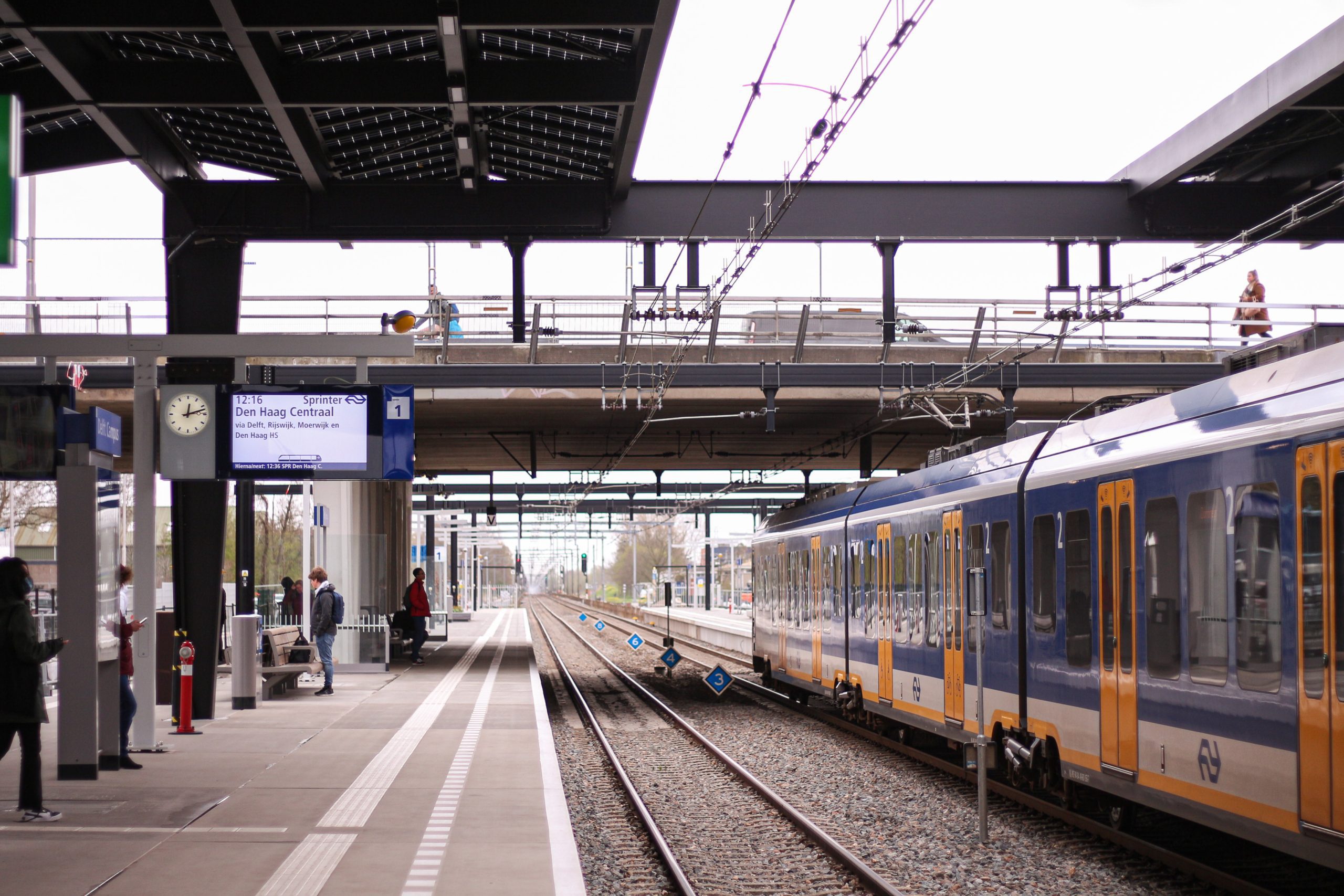The three members of the TU Delft Executive Board claimed EUR 28,000 more in 2019 than the previous year. Where is that money going?
The members of the Executive Board, with the exception of one, hardly claim any costs for public transport. (Foto: Justyna Botor)
Part of TU Delft’s annual report is devoted to Executive Board allowances and expenses. As transparency is the standard, these are under close scrutiny across the country.
TU Delft’s Executive Board’s expenses fall into four items, but most of the money in 2019, just as in 2018 (in Dutch), went on taxi fares. In 2019, the Executive Board members claimed EUR 100,000, of which EUR 60,000 were for ‘taxi services for business meetings’. In 2018, the total amount of the whole Executive Board’s expenses came to EUR 72,000, of which almost EUR 48,000 were for taxi fares.
Public transport
A TU Delft spokesperson explains that the increase between 2019 and 2018 is because the Executive Board took more trips and because the tax on taxi fares rose from 6% to 9%. Last year the spokesperson had already explained the reason for the high number of taxi rides: the increasing collaboration with other universities, companies, organisations and government bodies.
More external meals and drinks with business contacts
While TU Delft employees are encouraged to travel by public transport, the Executive Board members rarely do so. The exception is Nicoly Vermeulen who claimed almost EUR 5,000 in public transport costs in 2019. Rector Magnificus and Executive Board Chair Tim van der Hagen and Vice Rector and Vice Chair Rob Mudde claimed EUR 49 and EUR 0 in public transport costs respectively. There is thus little change compared to 2018 when a former student called on (in Dutch) the Executive Board to ‘set a good example’.
Courses
The Executive Board members are doing fewer business trips abroad though. In 2018 they claimed almost EUR 14,000 for this purpose and in 2019 it was EUR 9,000. However, the representation expenses increased from EUR 500 to EUR 2,800 for more external meals and drinks with business contacts.
The biggest jump in expenses was for ‘miscellaneous expenses related to the position’ from EUR 5,300 to EUR 23,700. This money went to training, courses and conference attendance. The ‘programme governing TU Delft in the 21st century’, a course at the Association of Universities in the Netherlands (VSNU) that cost EUR 14,500 claimed by Rob Mudde jumps out.
Annual income
The other fixed cost, apart from the claims given in the annual report, is the remuneration of the Executive Board members. The Standards for Remuneration Act allows an annual income of the three members of the Executive Board of up to EUR 194,000. This remuneration standard for public board members has been in force since 2013, after increasing social outrage about the high salaries of public officials, including those at TU Delft (in Dutch).
TU Delft upholds the regulations in this Act. In 2019, Tim van der Hagen earned EUR 194,000, which is exactly the maximum for TU Delft. Nicoly Vermeulen and Rob Mudde earned EUR 193,000 and EUR 189,000 respectively. All these amounts include pension contributions.
Do you have a question or comment about this article?
s.m.bonger@tudelft.nl


Comments are closed.